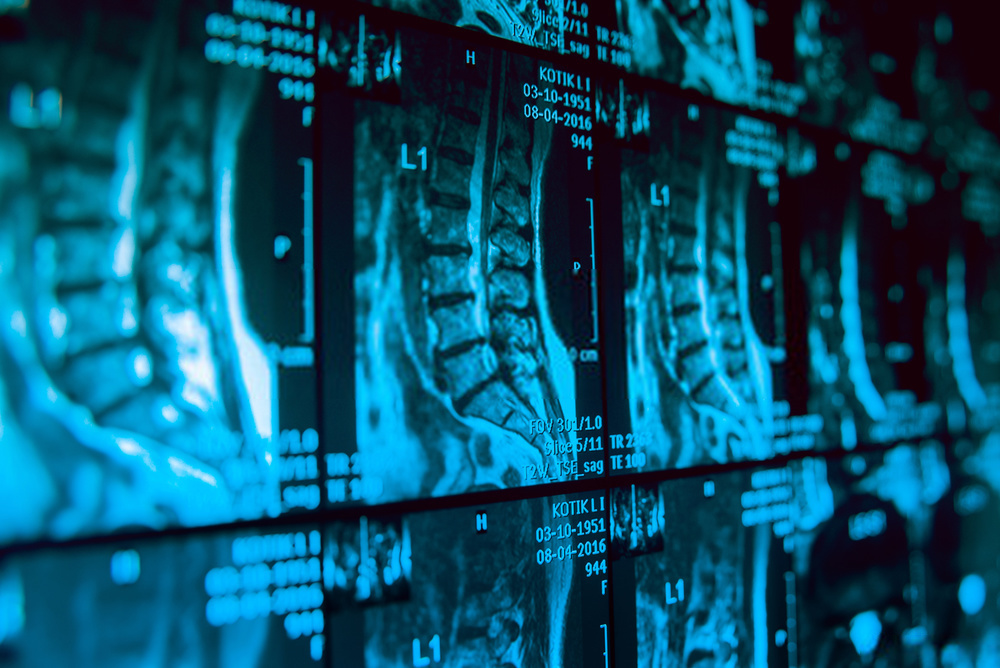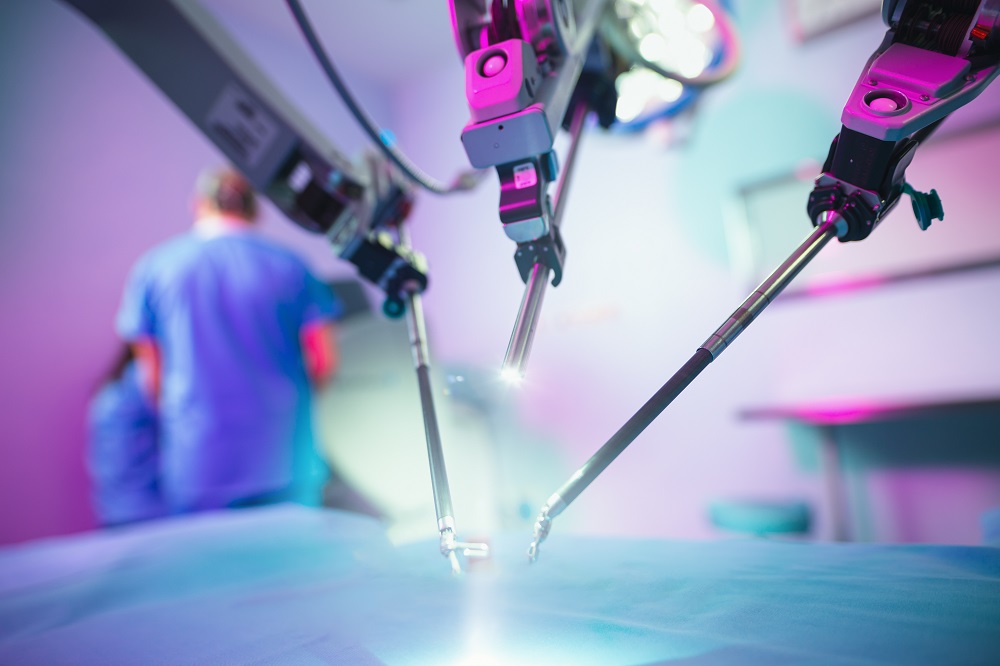Spine Surgery NYC
Spinal Surgery New York

Our spine specialists are committed in providing minimally invasive and non-surgical treatments. We utilize the most up-to-date technology and therapies to provide efficient treatments.
The symptoms of a spinal condition can spread to other areas of your body. These conditions can impact your work and personal life. Most injuries to the spine and neck can be treated without surgery.
Lumbar surgery refers to any type of surgery in the lumbar spine, or lower back, between one or more of the L1-S1 levels.
Spine Surgery NYC
